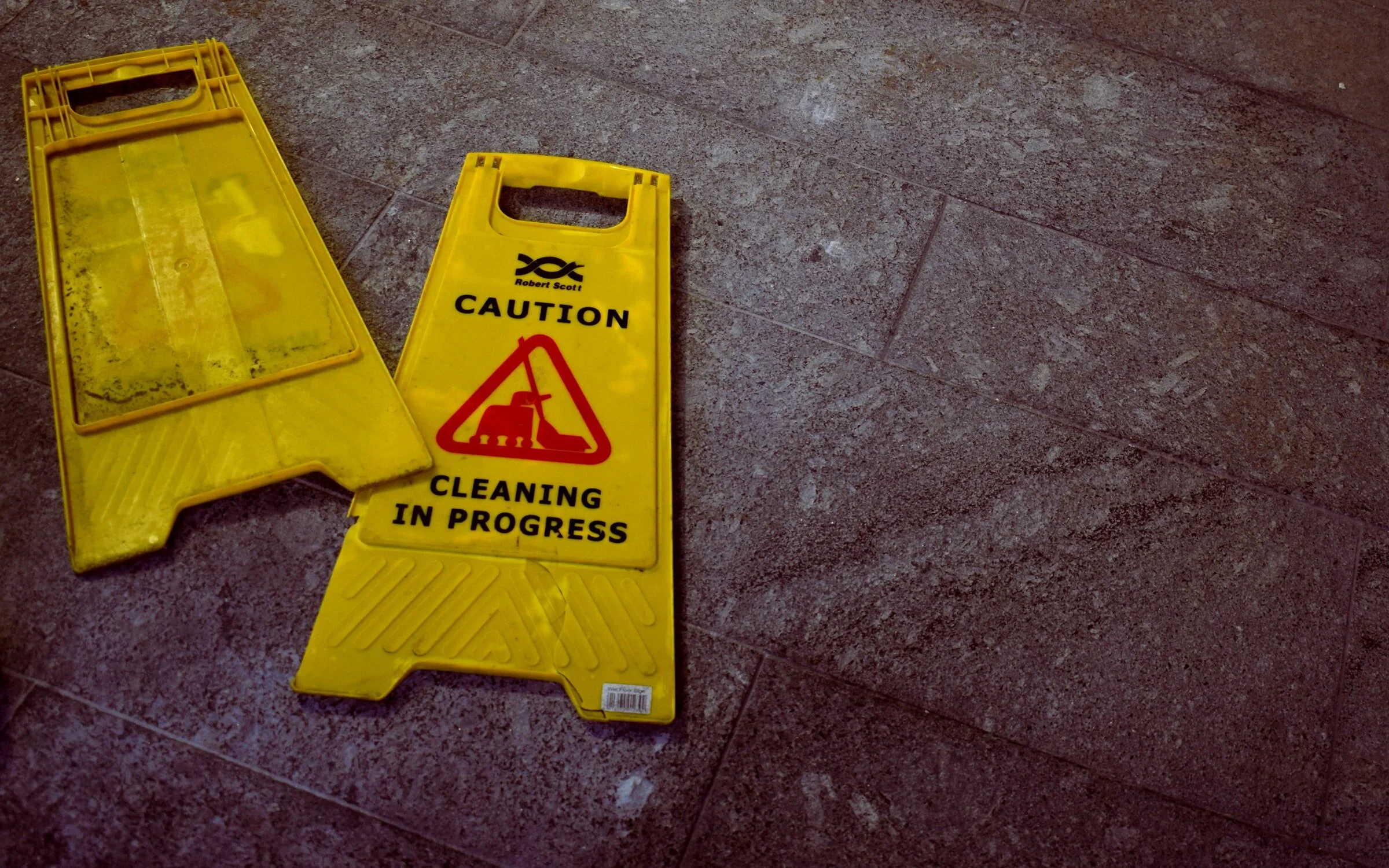Psalm 112
Here is one of the paradoxes of the Christian life: When we fear God, we won’t be afraid of anything. When we don’t fear God, we will be afraid of everything. Of course, as mentioned in yesterday’s blog, “fearing” God doesn’t have anything to do with being terrified of Him. It means to respect Him, to stand in awe of Him, to understand that He is over all and above all.




















